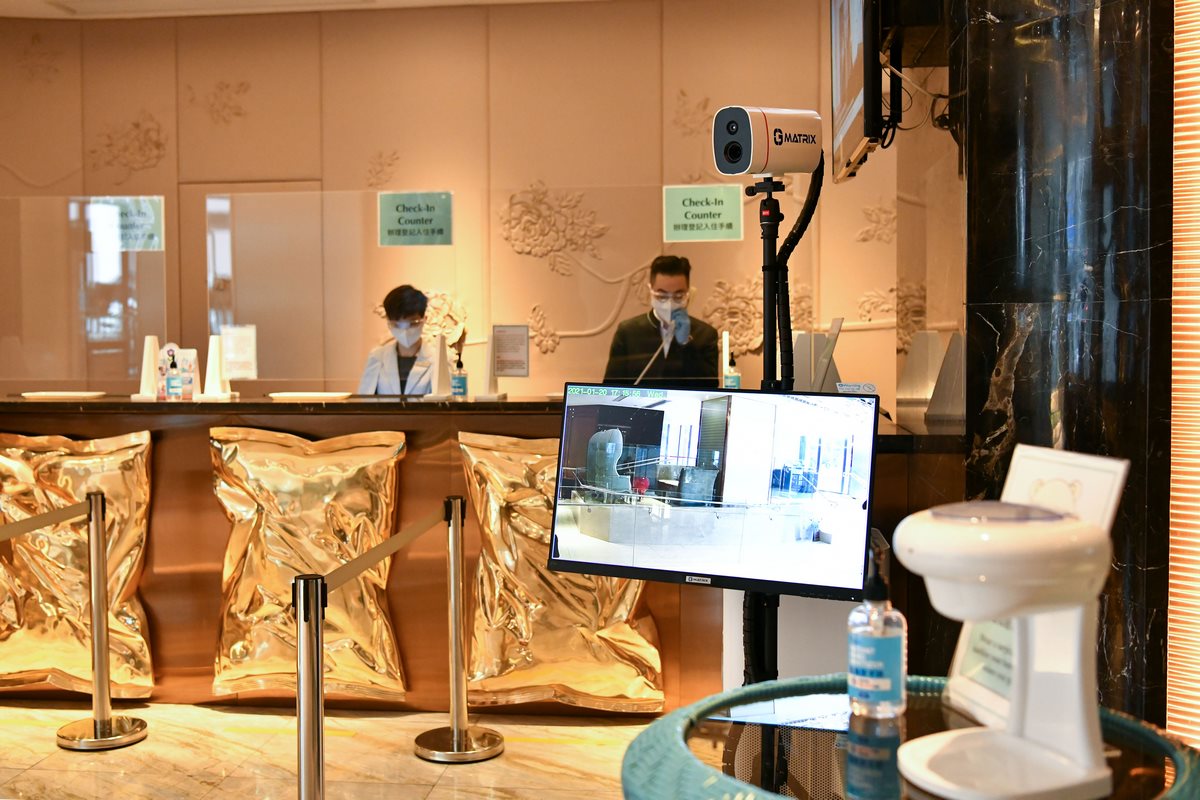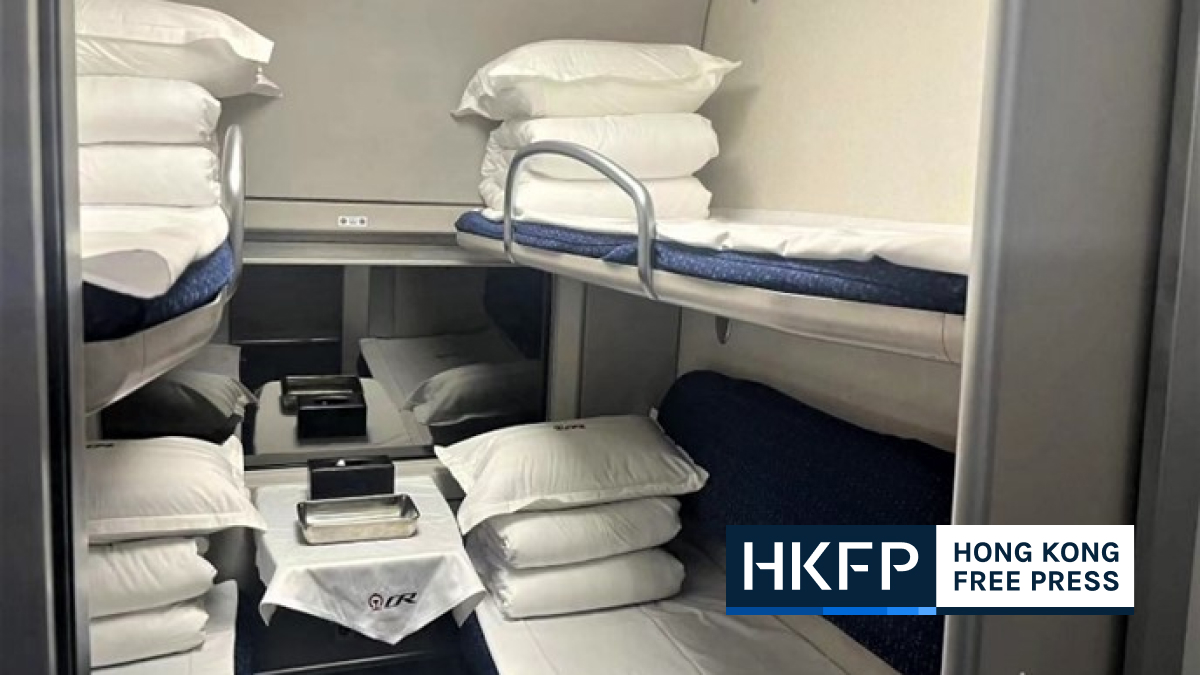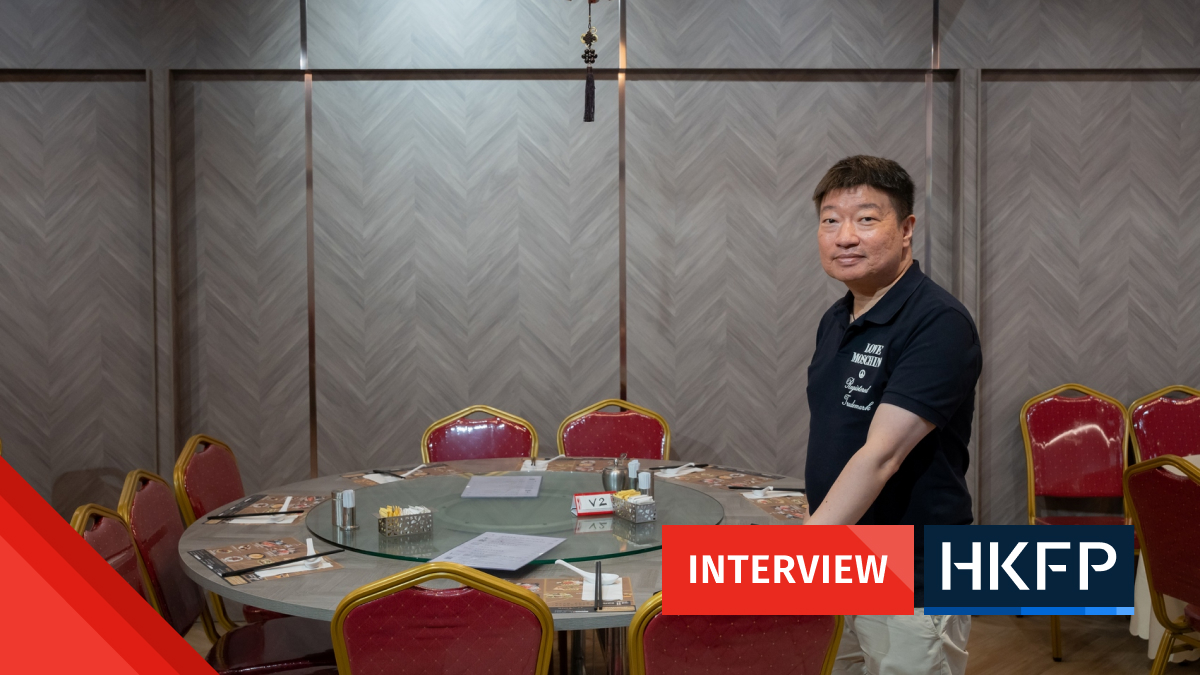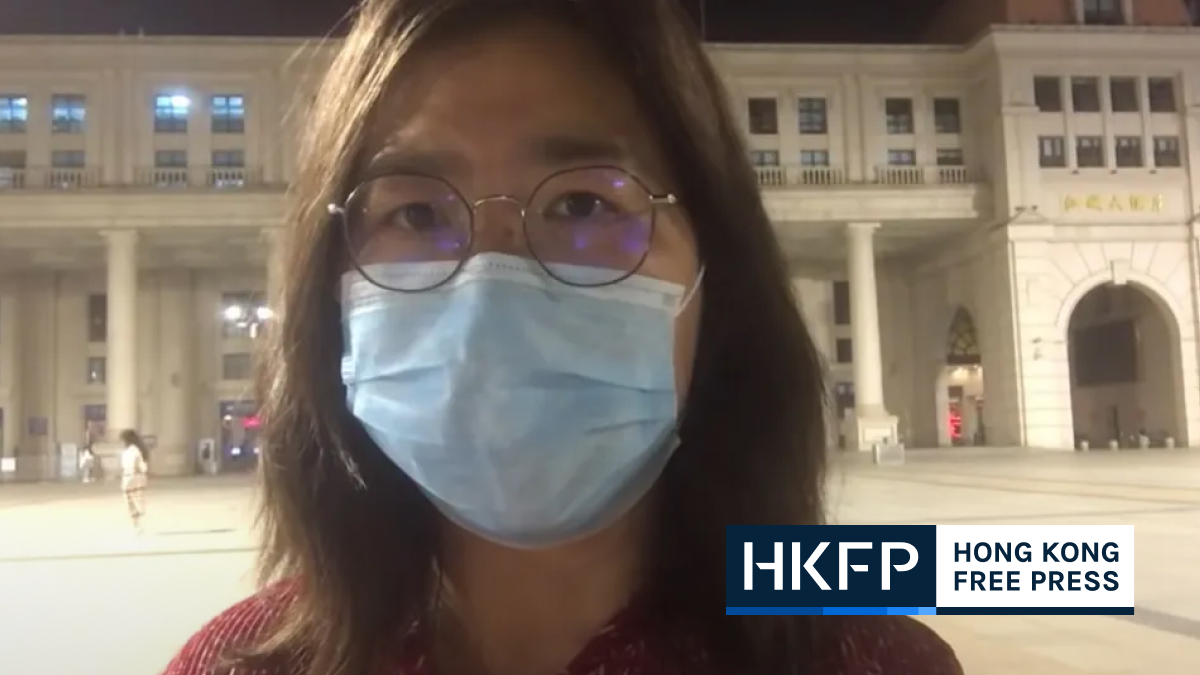Businesses and political parties have welcomed the government’s decision to scrap the mandatory hotel quarantine requirement for inbound travellers from next Monday, but some said the relaxation was too little, too late.

Hong Kong announced on Friday that arrivals will only need to adhere to the “0+3” arrangement, meaning they need to complete three days of “medical surveillance” at home. During that period, they will be allowed to go to school and work but cannot enter certain premises under the Vaccine Pass scheme, including bars and restaurants.
They will be issued an amber code through the government’s LeaveHomeSafe contact tracing app for those three days. The code will only change to blue once they receive a negative result from a PCR test taken on the second day after their arrival.
Playing catch-up
Ramon Yuen, the Democratic Party’s healthcare policy spokesperson, said the adjustments were a step in the right direction but came “a little too late.”
“I think we are trying very hard to catch up,” Yuen told HKFP, saying that other places in the region such as Singapore and Taiwan had already announced further relaxations. Hong Kong had lagged behind for months, he added.

Yuen said that although the change was more drastic than the “0+7” arrangement many were expecting, the “cost of waiting” for businesses had been very high – referring to the long wait for the relaxation amid many uncertainties.
Yuen also said the new policy would do little to attract overseas tourists, at least in the immediate future, as their activities would still be limited by the issuance of an amber code. Before the pandemic, it was common for travellers to visit and stay in Hong Kong only for “a couple of days,” he said.

“The situation is still not very optimistic. I think a ‘0+0’ arrangement – without imposing any restrictions – would be the basic criteria.”
Yuen said there had not yet been any sudden mutations to the coronavirus that had caught Hong Kong off-guard or caused a lot of serious case or deaths which would overburden Hong Kong’s public health system, adding that the relaxation should have come months earlier.
Outflow of consumption power
Yuen’s sentiment was shared by unionist Wan Pak-kin, who told HKFP the changes may not bring a significant boost to Hong Kong’s economy and hard-hit tourism industry. On contrary, Hong Kong could see an outflow of money if residents spent overseas, the Catering and Hotel Industries Employees General Union secretary said.
“Instead of [benefitting] local restaurants, people’s consumption power may be drawn overseas – there may be this countereffect. I have doubts as to whether the 0+3 arrangement can really prop up Hong Kong’s economy,” Wan said.

The change in policy would most directly impact employees within the hotel industry, Wan said, especially those who worked at designated quarantine hotels.
“There will be no longer be any quarantine hotels under the 0+3 arrangement, but it may not attract a lot of tourists to visit Hong Kong. The hotels’ income may actually decrease,” he said. “When authorities announced the 3+4 arrangement, some employees already saw their shifts reduced.”

He said it remained unclear whether the situation would worsen, but the industry had seen a loss of workers in general.
‘Never too late, never too little’
Business magnate Allan Zeman, meanwhile told HKFP that the easing of restrictions was “never too late, and never too little.” He said the government realised “the rest of the world was opened up, Hong Kong was left behind” but it was “ready to catch up.”

The Lan Kwai Fong Group chairman admitted the amount of tourists Hong Kong could attract under the revised quarantine policy was “questionable” but said he thought it will help draw talent back to the city. The business sector has blamed Hong Kong’s strict border controls and zero Covid approach for driving away employees.
Zeman also said this round of relaxation was to preparing Hong Kong to further open up. “If this works, then I’m quite confident that 0+0 will be with us in a not too distant future.”
Future roadmap
The Federation of Hong Kong Industries also released a press statement, saying the new arrangement was “conducive to attracting overseas businessmen and professionals in expanding their businesses and opportunities in Hong Kong” and “restoring the city’s international business dynamics.”
The group also called on the government to lay out a roadmap for further relaxations.
Hong Kong’s biggest pro-establishment party the DAB also welcomed the government’s move in a press release. The party’s healthcare policy spokesperson Edward Leung Hei said the adjustment was a “good start” but urged the government to work towards the goal of scrapping all restrictions.
Hong Kong had recorded 1.73 million Covid-19 infections and 9,946 deaths since the pandemic began.
Support HKFP | Policies & Ethics | Error/typo? | Contact Us | Newsletter | Transparency & Annual Report | Apps
Help safeguard press freedom & keep HKFP free for all readers by supporting our team















